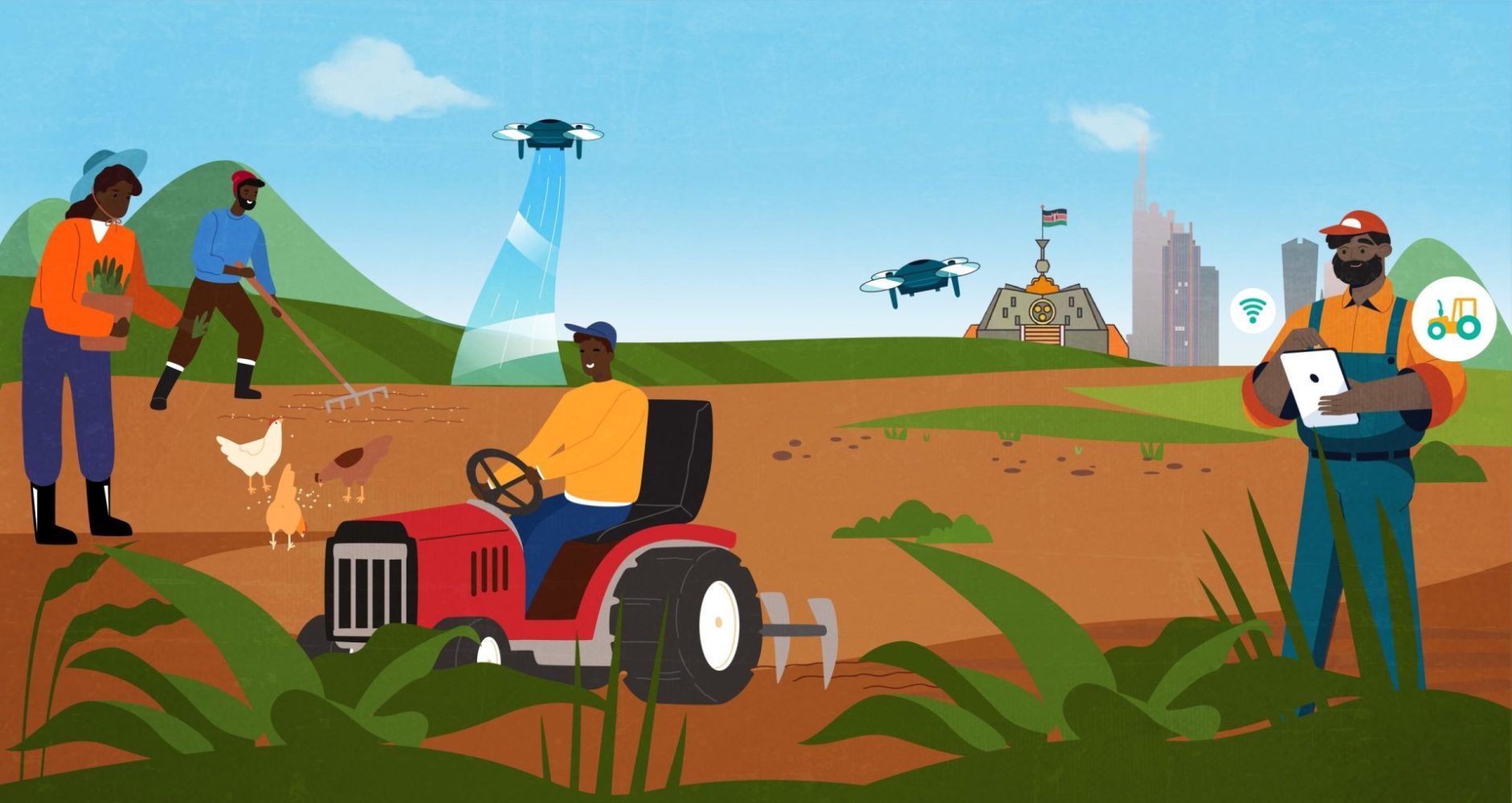Digital Loans Turn Crucial Lifeline In Kenya’s Agric Scene

Digital loans are proving useful to Kenyan farmers as they gradually warm up to various avenues to secure credit, including banks, SACCOs, informal lenders, and government initiatives like the Hustler Fund. These financial resources play a vital role in procuring farm equipment, seeds, fertilizer, pesticides, and covering labour expenses, a new survey finds.
Credit access is pivotal for Kenyan farmers, particularly given the steep costs associated with agricultural inputs, notably fertilizer, seeds, and pesticides. To address this challenge, the Kenyan government introduced the Hustler Fund in 2022, aiming to provide credit on favourable terms to households facing constraints.
A previous survey by the Central Bank of Kenya (CBK) conducted in November 2023 revealed that the Hustler Fund facilitated credit access for up to 10% of surveyed farmers. This credit empowered farmers to acquire inputs and meet labor costs.
The latest CBK survey indicates a surge in loan uptake among farmers in March 2024 compared to January 2024, reports Techweez, aligning with the preparation phase for planting during the long rainy season from March to May.
Farmers predominantly rely on bank loans and digital credit platforms in the formal sector. Notably, the utilisation of digital loans, including services like M-Pesa, KCB, and Fuliza, witnessed a significant uptick, growing by 24% to encompass 31% of surveyed farmers over the last three months.
Concurrently, the proportion of farmers resorting to bank loans rose from 32% in January to 41% in March. However, the uptake of the Hustler Fund credit facility remained modest, with only 6% of farmers leveraging it. This trend suggests that the facility lacks popularity among farmers, possibly due to its inadequacy in meeting commercial needs, as highlighted in prior surveys.
Despite the pressing need for financial resources, many farmers exhibit reluctance towards loan acquisition, citing concerns over high interest rates and the risk of asset loss through auction in case of default. Moreover, apprehensions regarding erratic rainfall patterns deter some farmers, fearing repayment challenges in the event of crop failure.
For farmers employing irrigation, the unpredictability of crop prices and income volatility, even amidst favourable harvests, discourage loan uptake. Additionally, irrigation farmers, particularly those leasing land, face hurdles in accessing loans due to insufficient collateral.